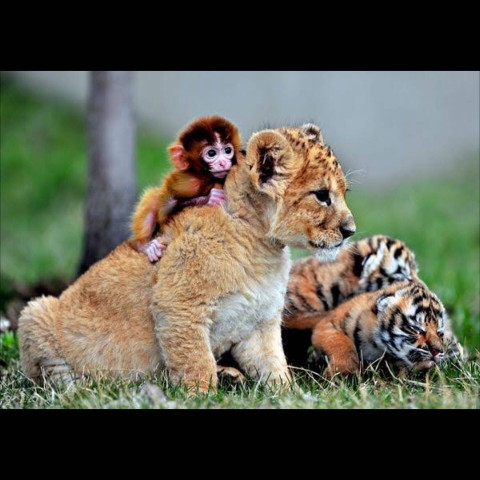No trophies in Punjab for hunters so far
Govt has yet to issue a schedule, quota for trophy hunting in the province

Punjab may miss out on an important source of tourist revenue this year, and the net loser may end up being its wildlife.
Around this time of the year, the government usually issues a quota for trophy hunting, which draws in big game seekers from both within Pakistan and all over the world. Beginning from early November, the hunting season lasts all the way up to the end of April, generating millions of rupees in revenue.
“It is the Ministry of Climate Change which releases the annual schedule for trophy hunting and allocates quotas to all four provinces and Gilgit-Baltistan,” an official privy to the process told The Express Tribune. “But even though we are deep in to November, the ministry has so far only released schedules for Gilgit-Baltistan and Khyber-Pakthunkhwa, and those too with no quota at all,” he said.
According to official, in Punjab in particular, there seemed to be no preparation in sight. “For Punjab, neither a schedule nor a quota for trophy hunting has been issued as yet,” he said. This, wildlife experts and officials warned, created the risk of trophy hunters looking elsewhere. In Pakistan, big game hunters from around the world are drawn by the opportunity to hunt species like the Ibex, Markhor, Punjab Urial and Blue Sheep, they said. For each trophy they hunt, foreign hunters are charged as much as $75,000, they said.
But while Pakistan is among the best-known destinations for those seeking to hunt these species, they are far from unique to the country, the experts pointed out. Denied a chance to hunt them in Pakistan, big game seeks turn to other countries in the region, such as Iran, Kazakhstan, Turkmenistan and Turkey.
Critics of hunting for sport will find reason to rejoice if hunters are denied an opportunity to kill an innocent animal. For them, the practice is no more than an immoral attempt to exchange blood for foreign exchange and promoting tourism.
For wildlife and conservation experts, however, the practice plays a far important role in helping preserve endangered flora and fauna. According to them, money generated from trophy hunting, when used in the right way, creates strong disincentives to poaching while incentivising conservation of natural parks and wildlife.
Speaking to The Express Tribune, wildlife officials said 80 per cent of income generated from trophy hunting is distributed among local community-based organisations that work round the year to conserve local wildlife species and thwart poachers. They pointed out that the Wildlife Act only allows the hunting of animals that have exceeded breeding age and may, in some cases, actually be a threat to other members of their species.
Published in The Express Tribune, November 26th, 2020.



















COMMENTS
Comments are moderated and generally will be posted if they are on-topic and not abusive.
For more information, please see our Comments FAQ